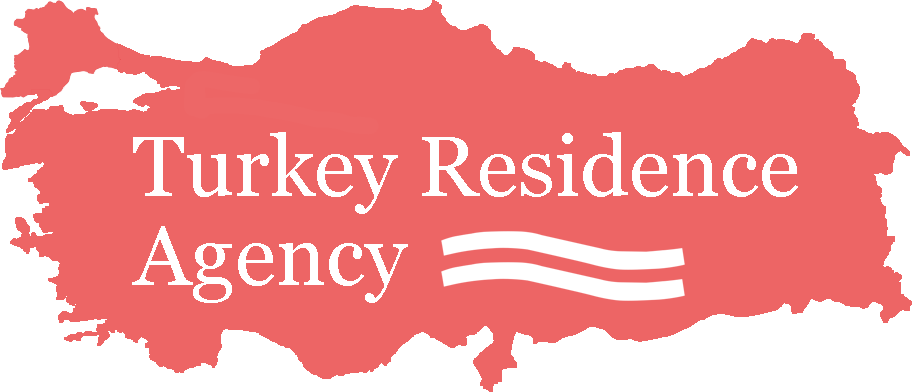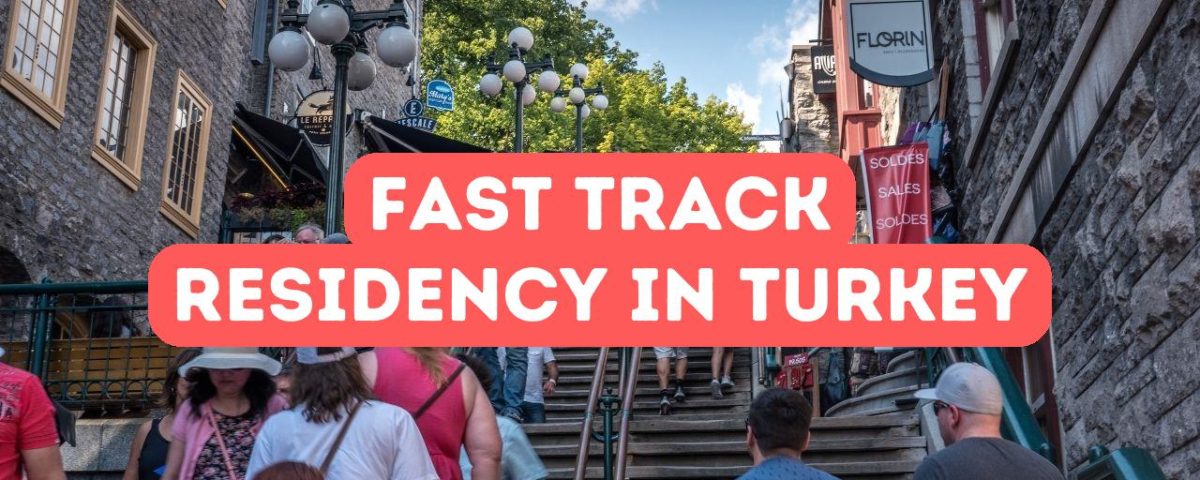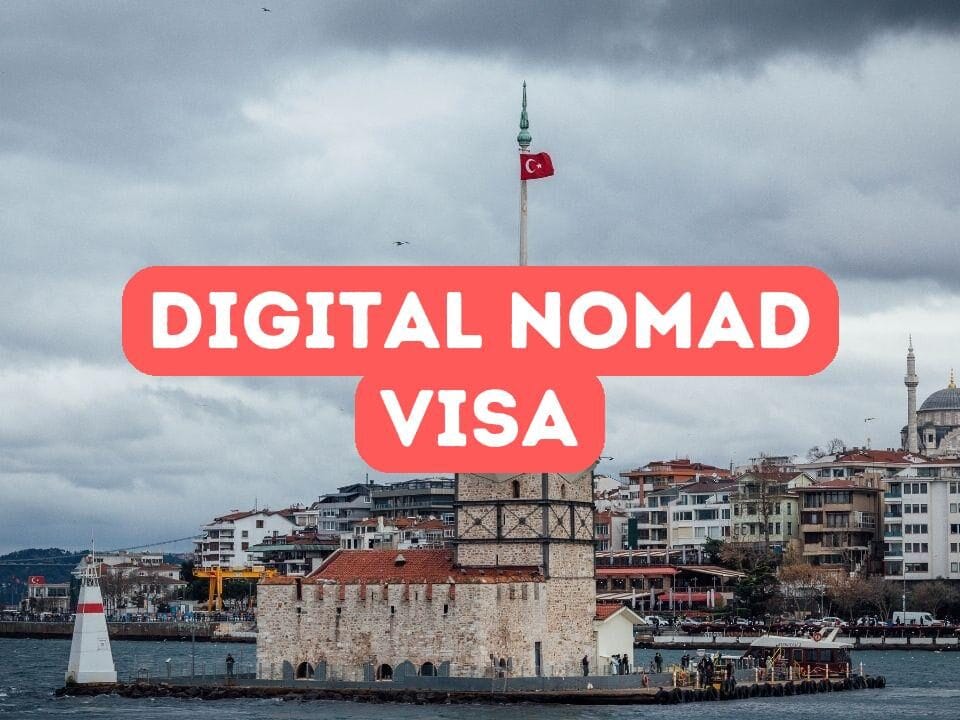Fast-Track Residency Options
Exploring the avenues for swift immigration, fast-track residency options have emerged as a beacon for individuals seeking to relocate and establish their lives in a new country with minimal delay. This flexible pathway caters to expatriates, entrepreneurs, investors, and skilled professionals who wish to bypass the protracted timelines typically associated with traditional residency processes. Fast-track programs are meticulously designed to streamline bureaucratic procedures, thereby accelerating the approval of residency permits while ensuring compliance with governmental policies and regulations. They often come bundled with a host of benefits that include access to healthcare, education, and the freedom to travel, making them a compelling choice for those who prioritize efficiency and convenience in their pursuit of a stable and prosperous future abroad. As nations vie to attract global talent and capital, these expedited schemes offer a symbiotic solution that facilitates the mobility of individuals while enriching the cultural and economic fabric of host countries.
Exploring Global Fast-Track Residency Programs
From the sun-kissed beaches of the Caribbean offering citizenship by investment schemes to the bustling innovation hubs of Europe with entrepreneur visas, global fast-track residency programs are as diverse as they are appealing. Countries like Portugal and Malta entice applicants with their Golden Visa programs, which confer residency rights in exchange for real estate investment or capital transfers. On the other side of the globe, nations such as Singapore and New Zealand attract entrepreneurs and investors through programs tailored to enhance their economic landscapes with foreign expertise and funds. This panorama of options means that potential residents can select a destination that not only meets their financial or business objectives but also resonates with their personal lifestyle preferences and long-term goals.
An important consideration when exploring global fast-track residency programs is understanding the specific requirements and benefits each country offers. Estonia’s e-Residency, for example, provides a digital identity to non-Estonians, allowing them to run a European Union-based business online, while Canada’s Start-Up Visa Program affords entrepreneurs the chance to build companies in a nation known for its strong economy and quality of life. However, the competitiveness of these programs means that applicants must often demonstrate substantial financial resources, business acumen, or unique skills that align with the host country’s economic needs. Prospective residents must navigate a myriad of regulations and often engage with local legal and financial experts to ensure a smooth transition, reinforcing the importance of thorough preparation and strategic decision-making in the pursuit of fast-track residency.
As the demand for fast-track residency options continues to climb, it is paramount for applicants to remain vigilant about the ever-evolving immigration policies and economic climates that can influence the viability of these programs. While some countries may tighten their entry criteria or modify investment thresholds, others may introduce new incentives to better align with global trends and economic shifts. Staying informed through reliable sources and professional consultancy is essential to navigating the complex landscape of global residency options. Ultimately, fast-track residency represents a dynamic and competitive arena where the potential for a swift and advantageous relocation necessitates a proactive and informed approach to immigration strategy.
Navigating Legal Frameworks for Accelerated Residency
Navigating the intricate legal frameworks of fast-track residency programs requires a strategic understanding of the various requirements and eligibility criteria set forth by host countries. For individuals considering this rapid path to relocation, it is imperative to conduct thorough research or consult with immigration experts to discern the prerequisites pertaining to investment thresholds, business ventures, or skilled occupations that align with the nation’s economic goals. Prospective applicants must also be cognizant of the implications of immigration laws, tax policies, and the potential need for dual legal representation to protect their interests while ensuring a seamless transition into their new home country. Such proactive measures not only enhance the probability of a successful application but also safeguard against common pitfalls that could result in significant delays or denials in the residency process.
Engaging with fast-track residency programs often entails a bilateral commitment where applicants must satisfy specified economic contributions or skills transfers in exchange for accelerated processing times. For instance, some nations offer ‘golden visas’ to high-net-worth individuals who invest in real estate or local businesses, while others seek to attract highly skilled professionals by offering preferential treatment in sectors facing labor shortages. The legal nuances of such programs can vary widely, with some demanding sustained physical presence within the country or mandating participation in integration and language courses as a condition for residency. As a consequence, prospective residents must methodically evaluate the conditions and long-term obligations attached to these programs, ensuring that the requirements are fully understood and that their personal and professional plans are compatible with the stipulations. This due diligence is fundamental to forging a successful path toward residency and eventual citizenship, should that be the end goal.
Successfully navigating the legal intricacies of fast-track residency options culminates in reaping the rewards of resourceful planning and compliance. Once established in the host country, residents typically enjoy a breadth of privileges that may mirror or even surpass those of native citizens, including unfettered access to the labor market, property ownership rights, and a secure legal status that paves the way for family reunification. It is in these tangible benefits that the true value of fast-track residency crystallizes—offering individuals not merely a change of address, but the opportunity to broaden their horizons and participate in a dynamic, cross-cultural exchange that enriches both their lives and the communities they join. Indubitably, the allure of such programs lies in their promise of a swift and welcoming transition to a new chapter of opportunity and prosperity.
Investment-Driven Residency: Pathways and Pitfalls
Investment-driven residency programs, often referred to as Golden Visa schemes, offer a direct route to residency for those who can make a substantial financial contribution to the host country. Typically aimed at high-net-worth individuals, these programs require a significant investment in real estate, government bonds, or local businesses. In exchange for this economic boost, investors are granted residency rights, and in some cases, a fast track to citizenship. While the immediate advantages are clear, potential investors must tread carefully. It is imperative to understand the nuances of these programs, including due diligence requirements, processing times, and the possible implications of fluctuating geopolitical climates that could affect the long-term benefits of such investments.
Navigating the terrain of investment-driven residency demands a discerning eye for both the opportunities and the hazards. Applicants must decipher the fine print, as each nation’s scheme comes with its own set of rules and benchmarks, ranging from minimum stay requirements to the vetting of the source of funds to ensure legitimacy and compliance with anti-money laundering regulations. The allure of a speedy residency process can sometimes obscure the complexities inherent in these investments, like hidden costs, unpredictable real estate markets, and the potential for policy changes that might adversely impact the residency status. Thus, the prudent investor must maintain a balance between the strategic advantages of quick residency and the due diligence necessary to secure their investment and legal standing in the host nation.
In the final analysis, investment-driven residency programs can serve as a win-win for both the investor seeking new opportunities and the host country looking to stimulate its economy. However, potential investors are advised to engage with experienced legal counsel and financial advisors to navigate the complexities of these pathways. The right guidance will help to mitigate risks associated with economic volatility, ensure compliance with evolving legislation, and optimize the benefits of the program. It is equally important for investors to factor in the socio-political stability of the destination country and the long-term prospects for their investments when making these pivotal decisions. In doing so, applicants can forge a future that capitalizes on the rapid residency rewards while guarding against potential pitfalls that could undermine their financial security and residency aspirations.





